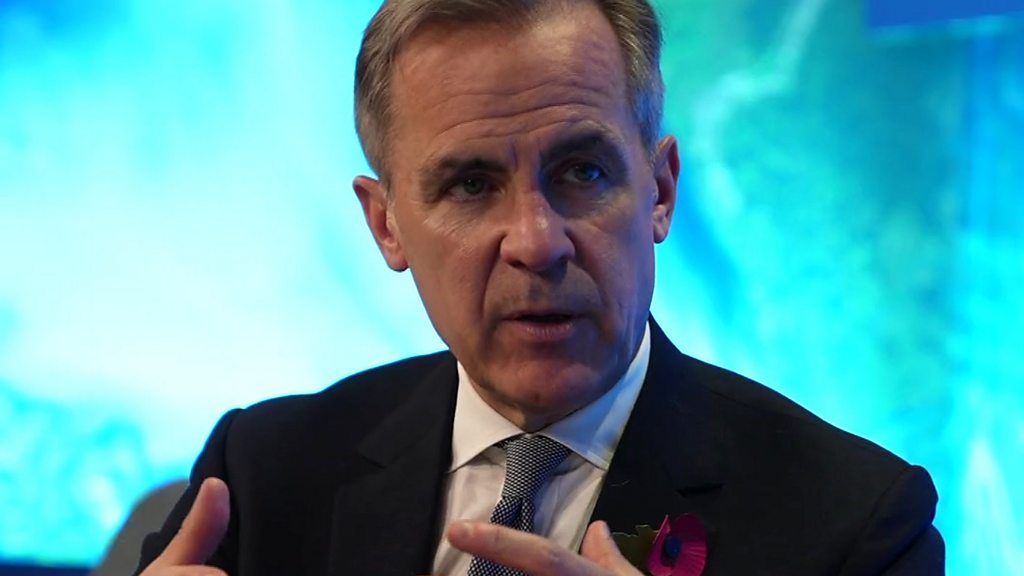An emerging report has shown that UN Climate envoy and ex-Bank of England boss Mark Carney’s firm sold farms in Brazil linked to deforestation claims.
The move to sell the farms comes despite his call on owners to fix rather than sell climate-damaging assets.
According to an analysis by campaign group Global Witness, Canadian giant Brookfield deforested 9,000 hectares of the important Cerrado savanna region but Brookfield has said it decided to sell several years ago and it’s working on ways to retire damaging investments.
Before the end of his term as Governor of the Bank of England, the Canadian banker Mark Carney began to establish a new role as one of the world’s leading advocates for action to tackle climate change.
As UN Special Envoy on Climate Action and Finance, he helped to launch the Glasgow Financial Alliance for Net Zero (GFANZ) in 2021. GFANZ is a vast coalition of more than 500 financial institutions working on ways to decarbonise the economy.
Read also: NATO holds roundtable on climate change
Carney joined Brookfield, one of Canada’s largest businesses, that owns 267,000 hectares in Brazil, producing soybeans, sugar, corn and cattle, the management and disposal of which is at variance with the policies he advocates in his role as a climate leader.
A report by the campaign group Global Witness linked deforestation alerts from Brazil’s National Institute for Space Research to companies owned or controlled by Brookfield and it estimates that between 2012 and 2021 Brookfield’s subsidiaries deforested around 9,000 hectares on eight large farms in the Cerrado region of Brazil, a vast area bordering the Amazon rainforest.
The World Wide Fund for Nature describes the Cerrado as “the world’s most biodiverse savanna,” whose preservation is essential to keeping global warming below 1.5%.
According to Global Witness, the deforested areas were converted to soybean farms, which Brookfield sold in 2021.
The report estimates that 600,000 tonnes of CO2 were emitted by deforesting these areas, the equivalent of 1.2 million flights from London to New York.
A spokesperson for Brookfield has said Brookfield made limited investments in Brazil’s agriculture sector in past years and the decision to sell these businesses was taken several years ago as the fund they were held in was reaching the end of its life, and the company had an obligation to return capital to investors.
But Global Witness claims that this decision to sell clashes with public statements subsequently made by Mr Carney as a global leader on climate policy, which call upon companies not to sell off climate-damaging assets, but to hold onto them and either clean them up or close them down.
Mr Carney’s role at Brookfield involves raising a $15bn “transition fund” to invest in decarbonisation projects such as renewable and nuclear energy and battery storage. Brookfield says it no longer holds any investments in mining, forestry or agriculture in Brazil.
Story was adapted from the BBC.
